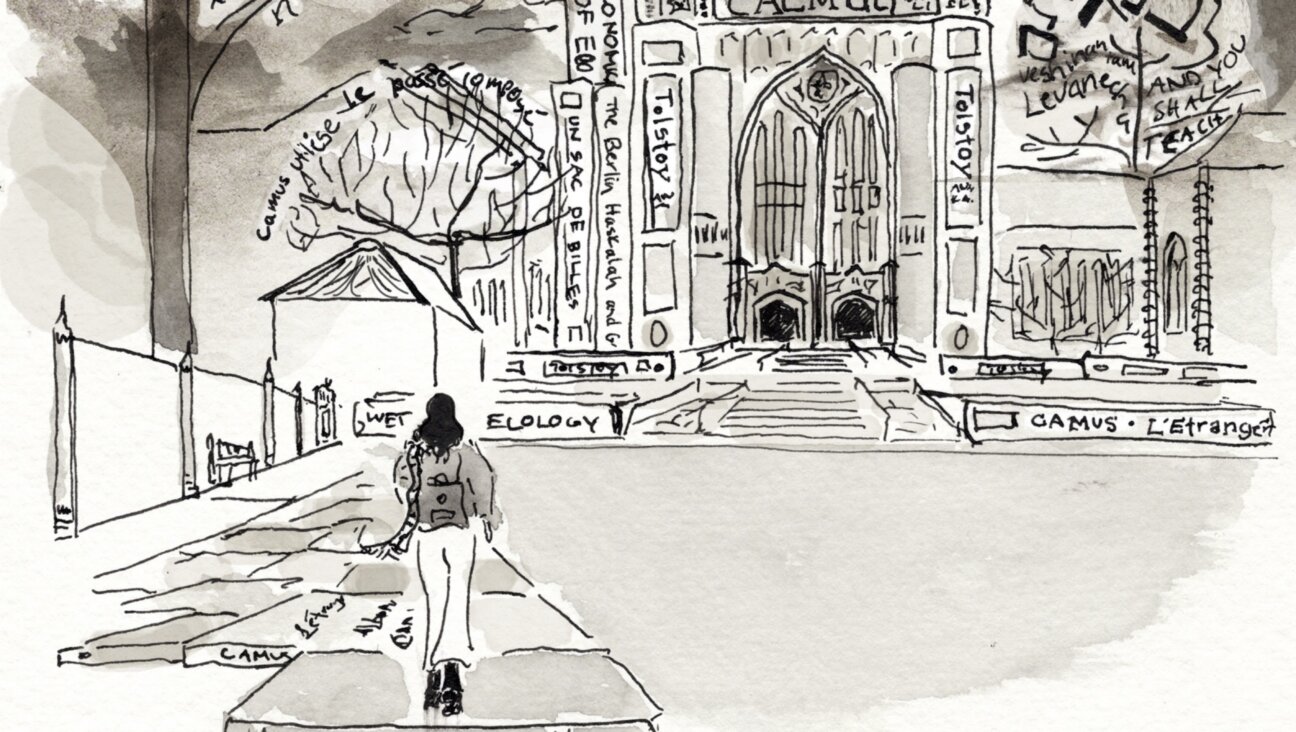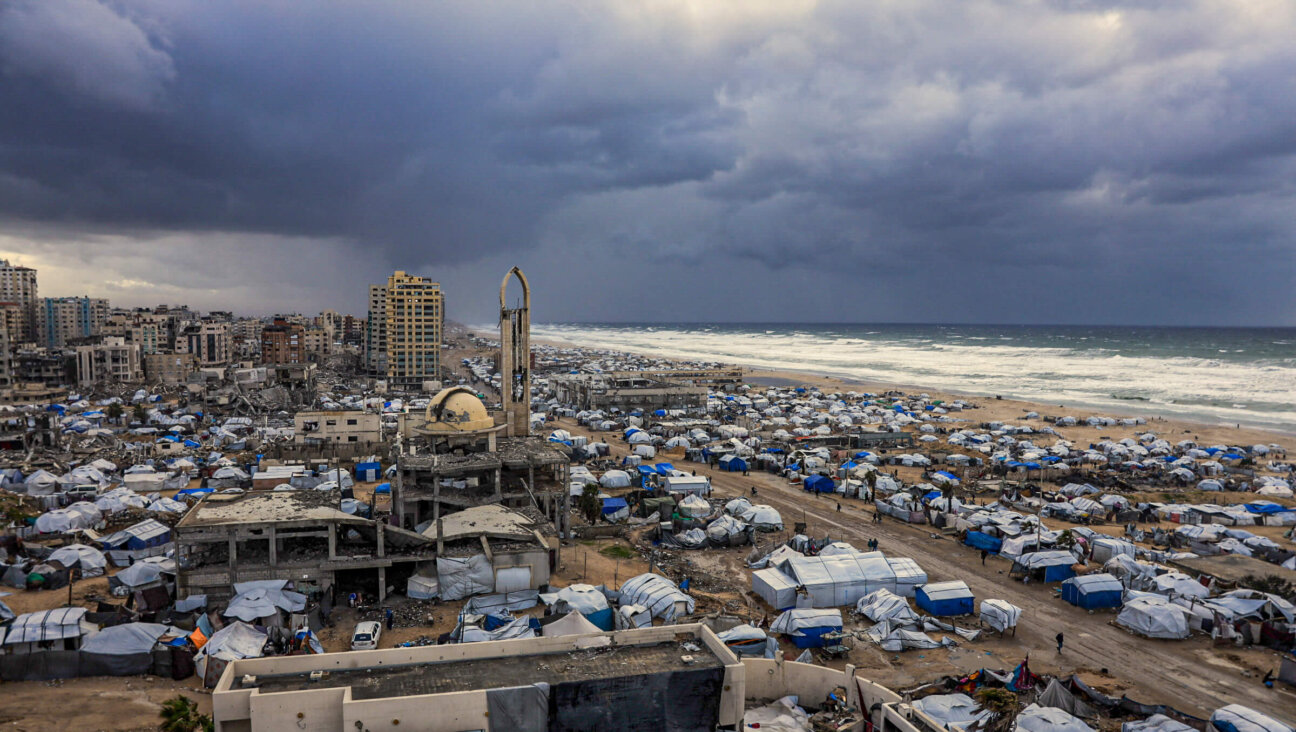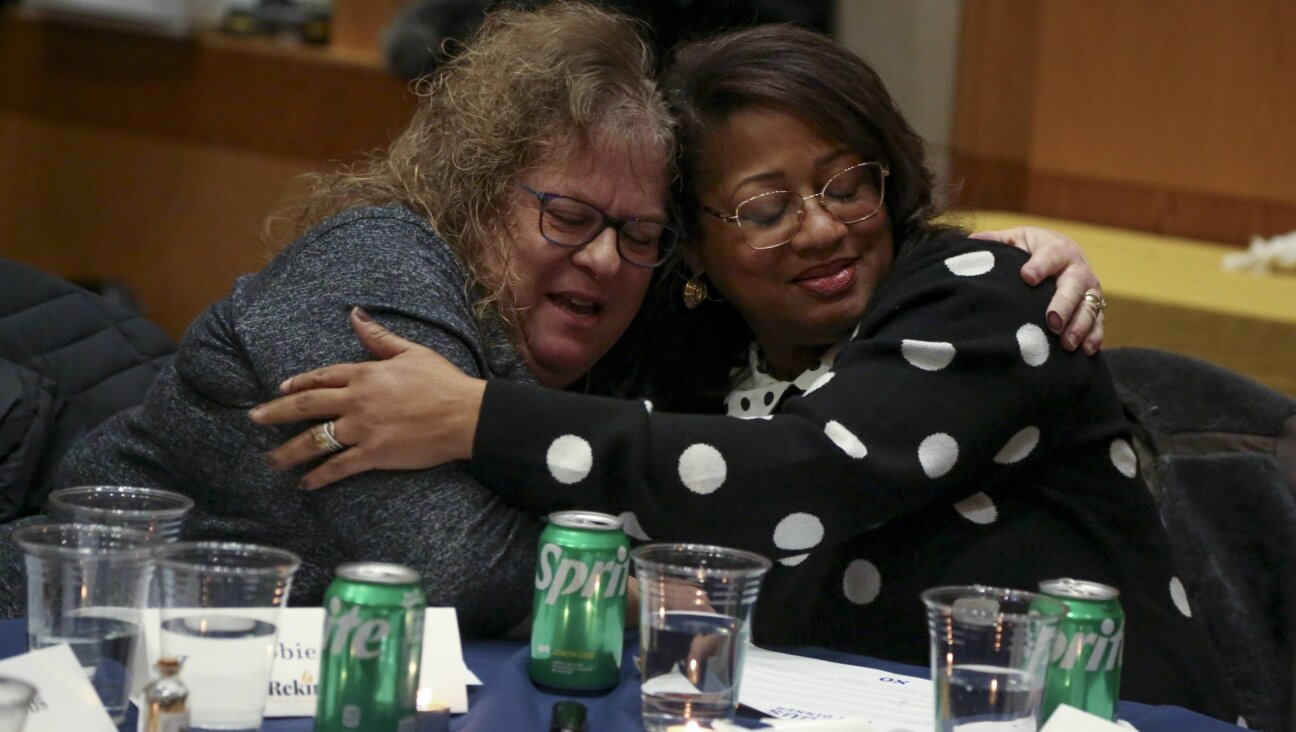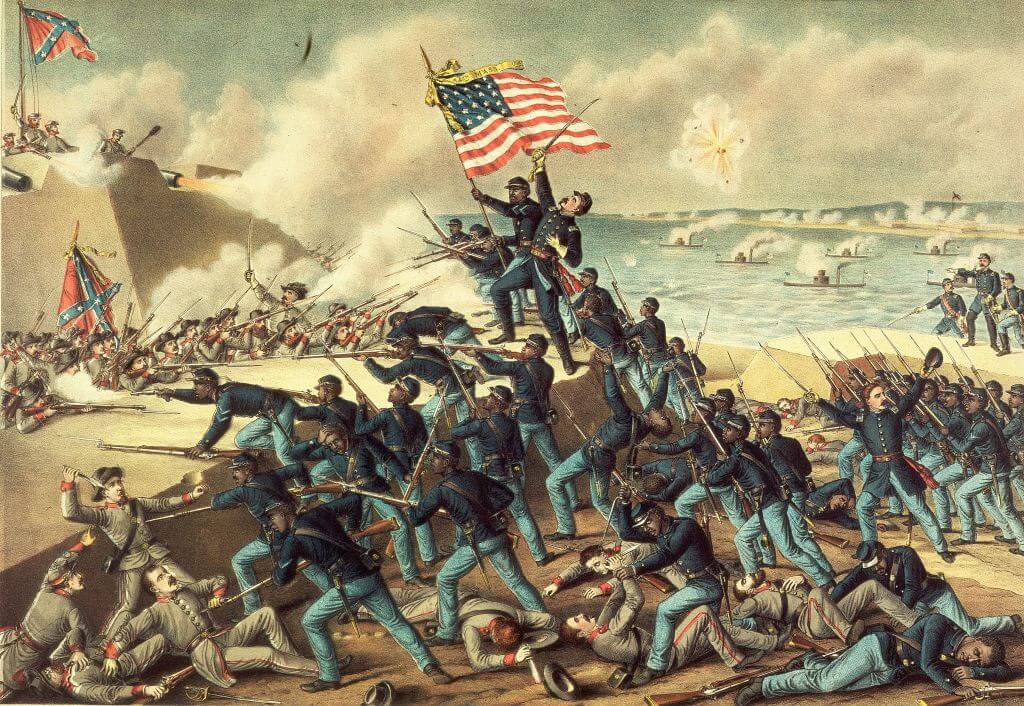Yesterday We Dreamt of a Better Tomorrow
Let’s start with Mark Erlich, executive secretary-treasurer of the 24,000-member New England Regional Council of Carpenters. Set to the side for now that Erlich is the great-grandson of Simon Dubnow, the great Jewish historian and founder of YIVO, murdered by the Nazis, and that his grandfather was Henryk Erlich, a leader of the Jewish Labor Bund, who died in a Soviet prison, and that his father, Victor Erlich, was among this country’s leading Slavists, on the faculty of Yale from 1961 until his retirement. Man does not live by yichus alone. (*Yichus *is one of those unstranslatables, meaning, roughly, distinguished lineage.)
One night recently, Mark Erlich was among the honorees at a wonderful concert of Yiddish song performed by A Bessere Velt, the 80-member chorus of Boston’s Workmen’s Circle, and the Klezmatics, an ensemble of genuinely virtuoso performers. The songs, as is the way with Yiddish songs, were a mix — songs of consolation, songs of sorrow, songs of brotherhood, songs of yearning and songs of protest. During the intermission, I asked two young women, both I’d guess in their 20s, why they’d come. Both replied that it was a way to put themselves in touch with their roots.
An exercise in vicarious nostalgia? But when Erlich responded to the praise that went with his award, he cited his own roots, especially as derived from his Bundist grandfather, as pointing not toward nostalgia for the past but toward action for the present and future. A bessere velt translates as “a better world,” a sort of Yiddish precursor of tikkun olam, an aspiration that in broadening circles comes with the Jewish territory. There’s a rich lode of love songs in Yiddish, and of lost loved ones, too; there are campfire songs and lullabies; there are many songs in which religious references are secularized, songs for a public for which religion is as much a language as a set of precepts. And then there are the songs, the very many songs, of tomorrow. Here, for example, is one I learned when I was all of 5 years old:
Let us sing a song to the Yiddish shul
Which is so dear to all of us.
Let us sing with joy and with clear hope
Of a world liberated and new.
It is no small thing for a 5-year-old to be taught that the world is not yet liberated. Or to learn a passel of songs about brown and white and red and yellow all living together hand in hand, about birds that fly free, songs of hope and joy in a minor key.
The reason such songs come back to me now is not only last week’s memorable concert and Mark Erlich’s memorable words. Curiously, they come back to me because of Barack Obama, who chooses not to speak to us of olden times, not to sing of the years that were, not to remind us of the good old days, but to move forward, to embrace tomorrow, its grave uncertainties notwithstanding
Nostalgia? Here is my favorite passage from S. Ansky’s great play, “The Dybbuk”:
Reb Azrielke speaks: “God’s world is great and holy. The holiest land in the world is the Land of Israel. In the Land of Israel the holiest city is Jerusalem. In Jerusalem the holiest place was the Temple, and in the Temple the holiest spot was the Holy of Holies. (Brief pause.) There are seventy peoples in the world. The holiest among these is the People of Israel. The holiest of the People of Israel is the tribe of Levi. In the tribe of Levi the holiest are the priests. Among the priests the holiest was the High Priest. (Brief pause.) There are 354 days in the year. Among these the holidays are holy. Higher than these is the holiness of the Sabbath. Among Sabbaths the holiest is the Day of Atonement, the Sabbath of Sabbaths. (Brief pause.) There are seventy languages in the world. The holiest is Hebrew. Holier than all else in this language is the holy Torah, and in the Torah the holiest part is the Ten Commandments. In the Ten Commandments, the holiest of all words is the name of God. (Brief pause.) And once during the year, at a certain hour, these four supreme sanctities of the world were joined with one another. That was on the Day of Atonement, when the High Priest would enter the Holy of Holies and there utter the name of God. And because this hour was beyond measure holy and awesome, it was the time of utmost peril not only for the High Priest but for the whole of Israel. For if in this hour there had, God forbid, entered the mind of the High Priest a false or sinful thought, the entire world would have been destroyed. (Pause.) Every spot where a man raises his eyes to heaven is a Holy of Holies. Every man, having been created by God in His own image and likeness, is a High Priest. Every day of a man’s life is a Day of Atonement, and every word that a man speaks with sincerity is the name of God. Therefore it is that every sin and every wrong that a man commits brings the destruction of the world.”
The play, set in pre-modern times, was first performed in 1920. By now, it has been performed thousands of times — in Yiddish, Hebrew and English — and in Swedish, Japanese, Polish, Bulgarian and a dozen more. It has been filmed and made into an opera. As Reb Azrielke’s declamation makes clear, it is not meant to evoke nostalgia.
Nostalgia sentimentalizes memory. In moderation, it’s a harmless diversion from the central yearning of Jewish song and of Jewish memory, the acute remembering of tomorrow, of what can yet be. Or, if you will, of a bessere velt.
















